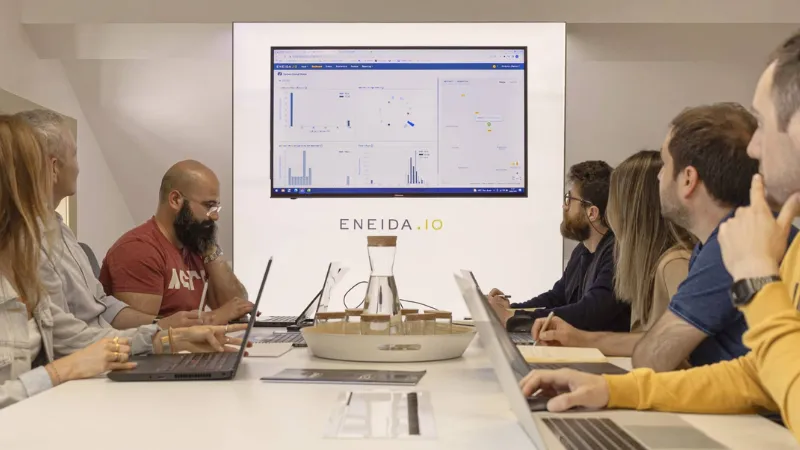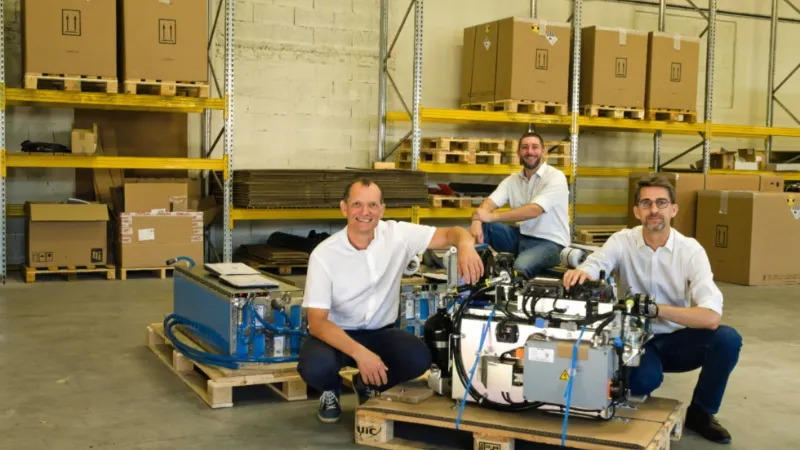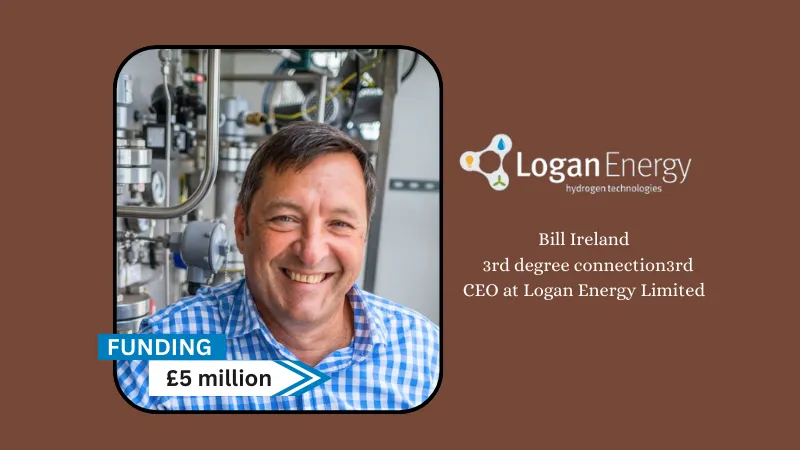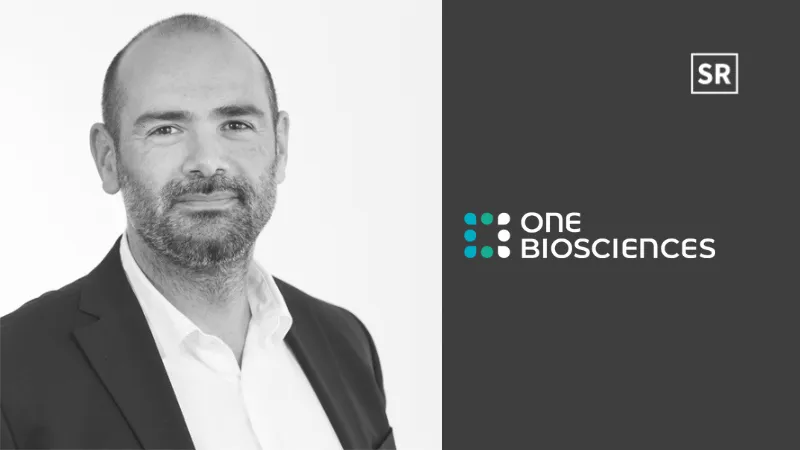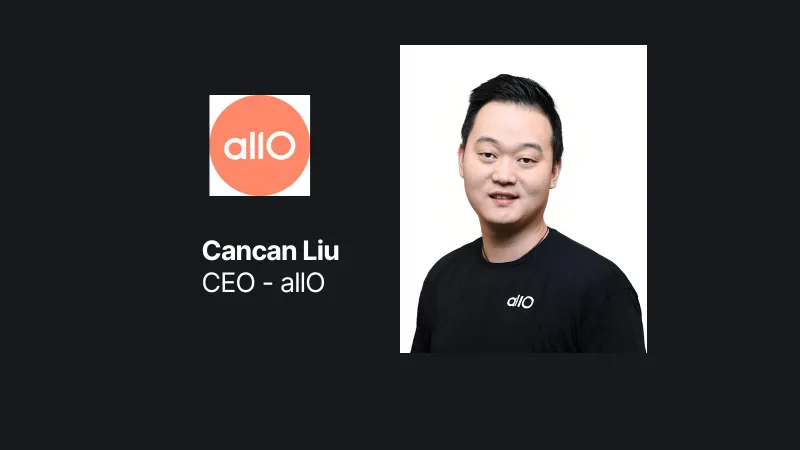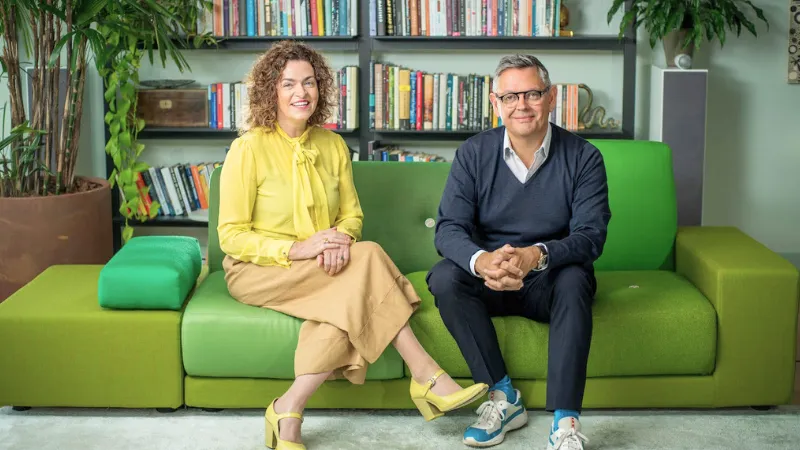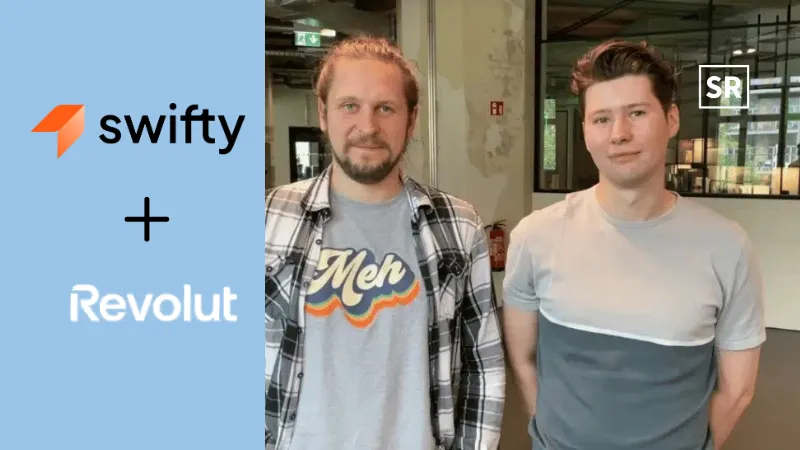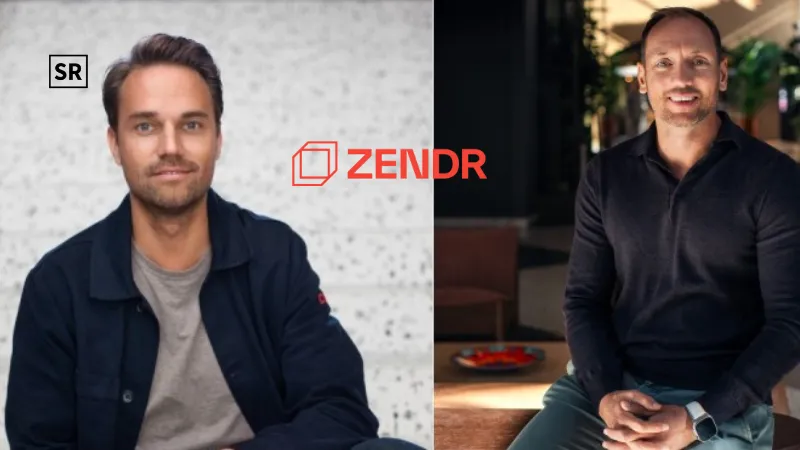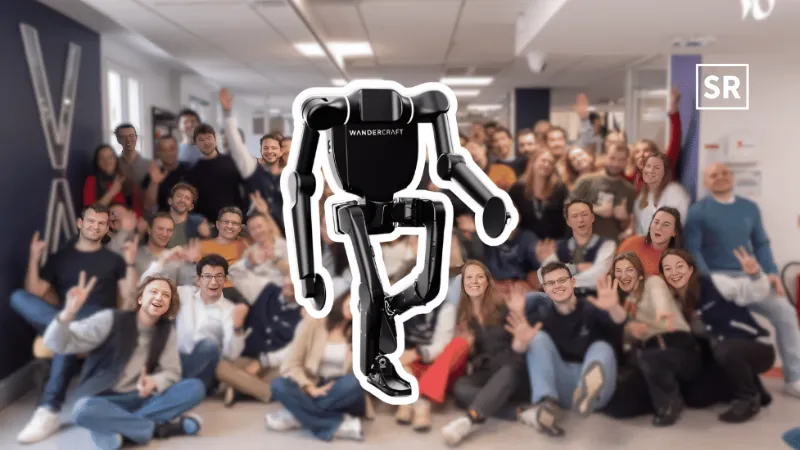Epoch BioDesign funding news – Epoch BioDesign Secures $18.3 Million in Series A Round Funding
Mar 5, 2025 | By Kailee Rainse
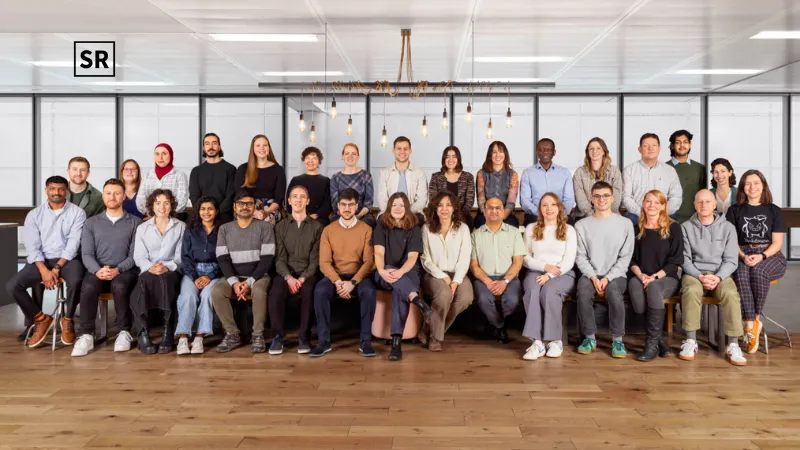
Epoch BioDesign has raised $18.3 million in Series A funding to improve recycling by using enzymes that make recycled plastics cheaper and more effective than new materials.
SUMMARY
- Epoch BioDesign has raised $18.3 million in Series A funding to improve recycling by using enzymes that make recycled plastics cheaper and more effective than new materials.
- Epoch’s biorecycling technology makes it possible to recycle even the hardest materials.
Traditional recycling methods struggle with mixed plastics, which lowers the quality of the material each time it's recycled. Chemical recycling is expensive and requires high temperatures. As a result, most recycled plastics end up as low-quality products that eventually end up in landfills.
Read also - EcoDataCenter funding news – EcoDataCenter Secures €450 Million in Funding
Epoch’s biorecycling technology recovers the full value of the material, creating high-quality chemicals that are priced similarly to those made from fossil fuels. For clothing brands, this technology offers an easy way to switch to recycled materials, helping them meet strict recycling rules while lowering material costs.
RECOMMENDED FOR YOU
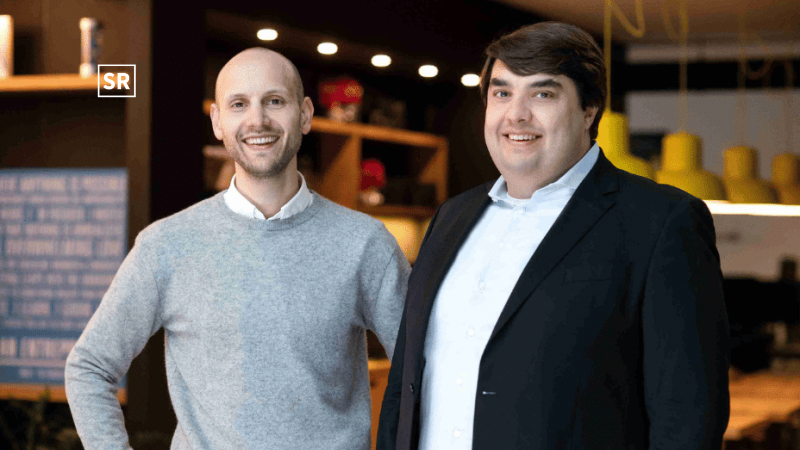
Circula Funding News- German Fintech Startup Circula Raises €15Mn Funding
Kailee Rainse
May 9, 2025
Epoch BioDesign was founded in 2019 by Jacob Nathan, inspired by his high school science project on how microbes can break down plastic waste. Since then, the company has grown to a team of 30 scientists and engineers based in London.
The company designs powerful enzymes that can break down even the toughest plastics, similar to how leaves break down in the soil. Using AI and automated technology, they’ve developed enzymes that turn mixed waste into valuable chemicals at room temperature.
Jacob Nathan, Founder and CEO of Epoch Biodesign said, "We're proving that plastic waste isn't just a problem to solve - it's a valuable resource waiting to be unlocked. Using the molecular precision of enzymes at an industrial scale, we’re building the solution set to make all plastics recyclable and doing so at a competitive price. This is what real circularity looks like."
The company has over 40 partnerships in industries like performance apparel, automotive, luxury fashion, and technical textiles, showing how textile recycling can be done at a large scale.
The timing is crucial as California recently passed a law requiring apparel companies to manage recycling at the end of a product's life. Similar laws are also being introduced across the U.S. and are no longer just a European issue. It’s time for a new approach to recycling.
This funding round was led by Extantia Capital, with support from Inditex, Lowercarbon Capital, Happiness Capital, Kibo Invest, Day One Ventures, and others, along with a $1 million grant from the UK government.
Yair Reem, Partner at Extantia said, “When designed, sourced, and recycled responsibly, plastic can be one of the most efficient and sustainable materials we have. And that's what Epoch is doing, They aren't just developing better recycling - they're transforming the entire value chain to ensure it works for the planet, not against it.”
Inditex and Epoch are also partnering on a multi-year development agreement to make sure the technology meets their high performance standards.
Óscar García Maceiras, CEO of Inditex said, “Epoch's innovative and promising technology has impressive potential to revolutionise blended textile recycling, This investment strengthens our commitment to advancing an innovative, circular model and driving the industry's transition toward low-impact materials.”
The funding will help Epoch build its first plant, expand its collection of plastic-eating enzymes, and start working with major textile customers in fashion, automotive, and chemicals. By 2028, the company plans to process tens of thousands of tons of waste.
About Epoch BioDesign
Epoch’s biorecycling technology makes it possible to recycle even the hardest materials. Their AI-designed enzymes allow endless recycling of mixed plastics and textiles at low temperatures, producing sustainable materials for industries like apparel, automotive, and packaging.
Recommended Stories for You

Social Links Secures €2.6 M To Advance AI Tools Combating Fraud, Scams, And Brand Misinformation
Kailee Rainse Nov 24, 2025


 Follow us
Follow us Follow us
Follow us